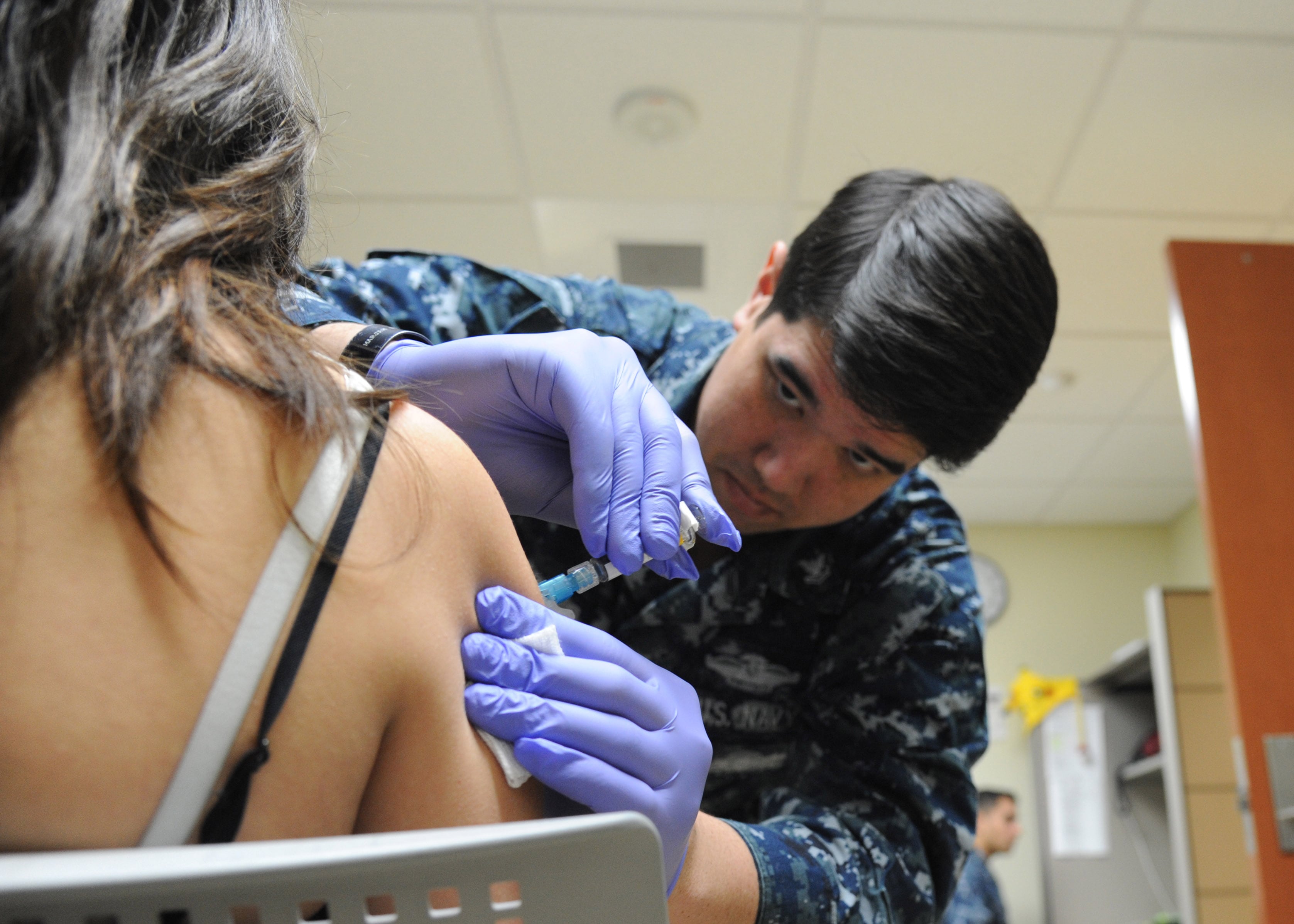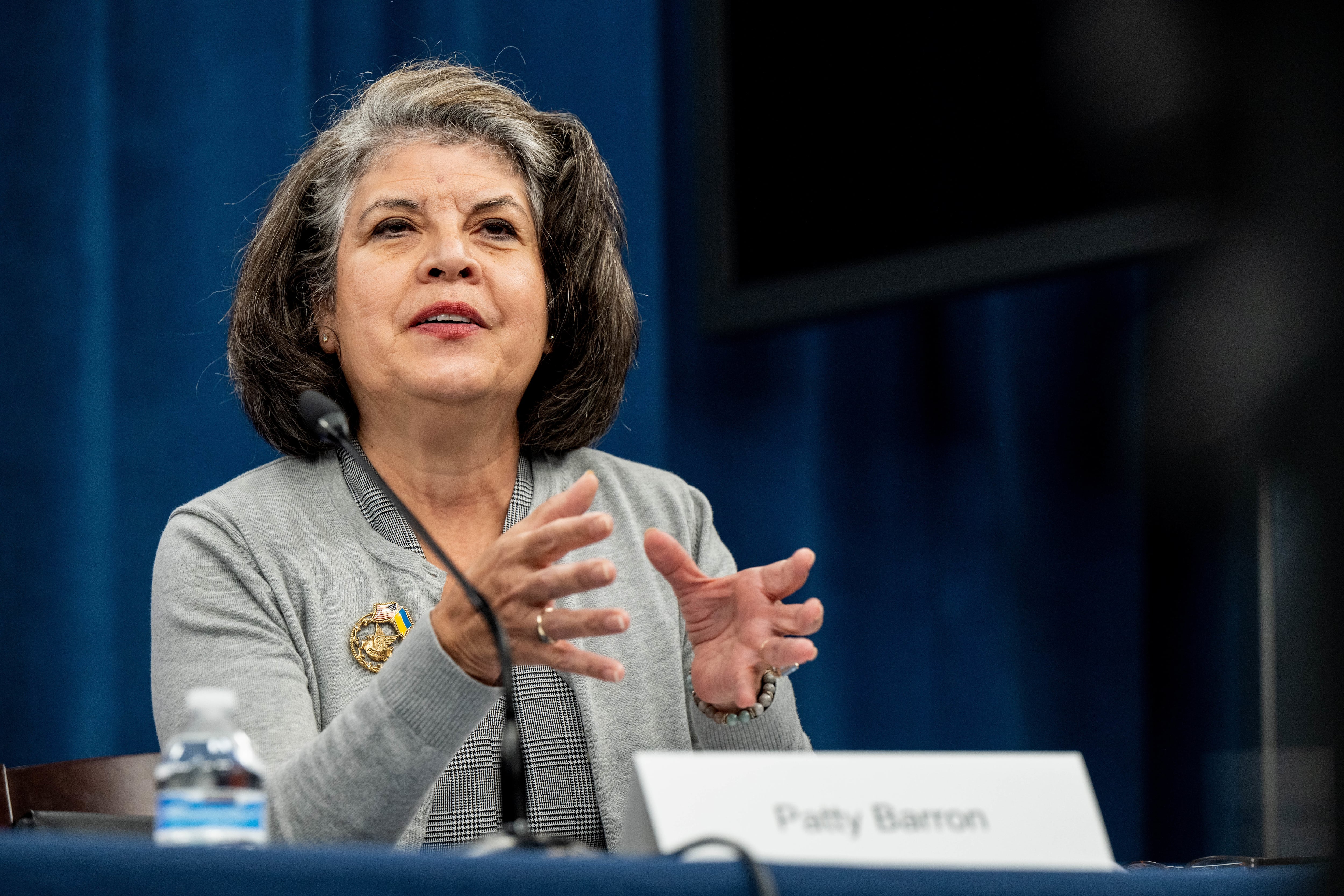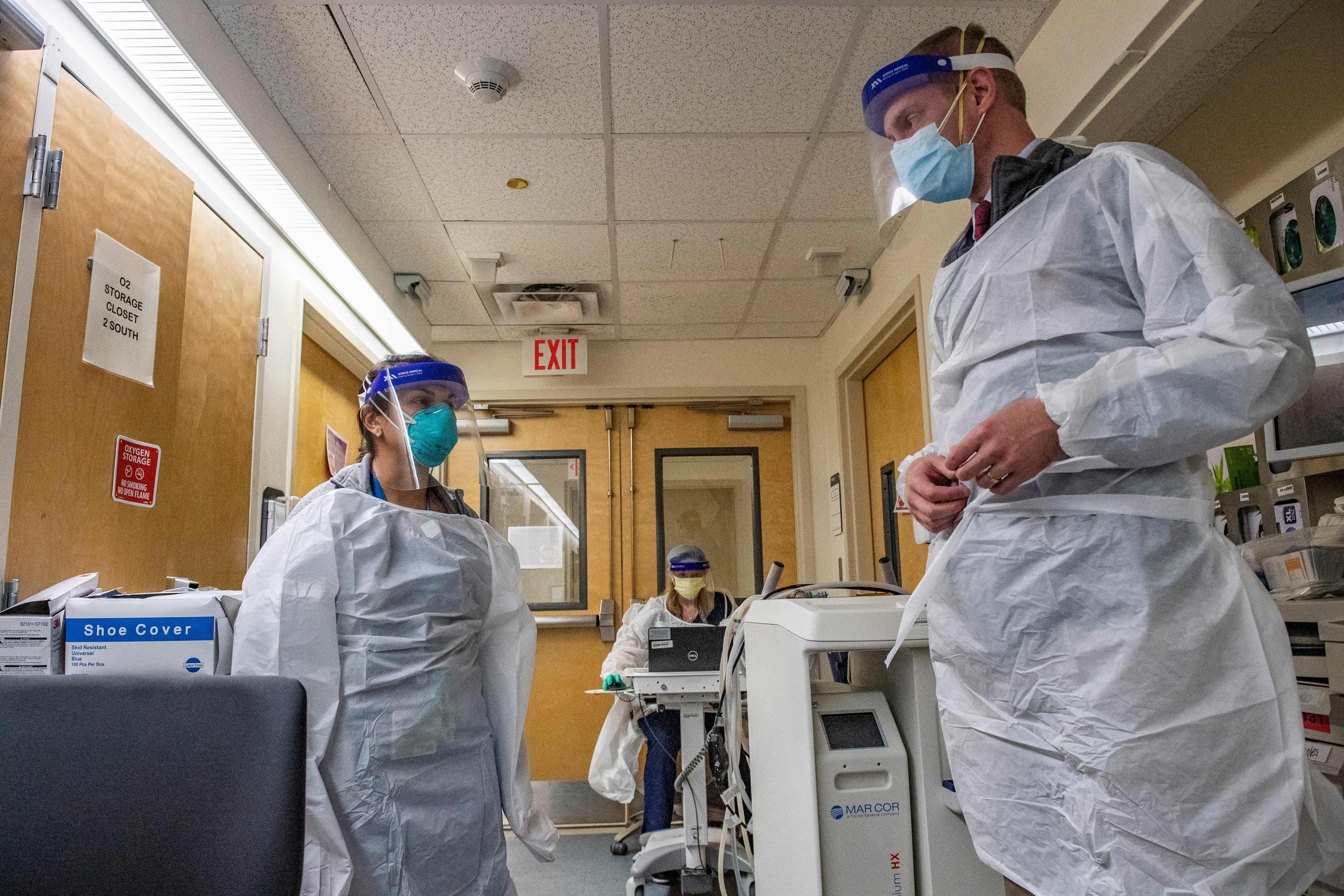An infantry unit out the California Army National Guard will take on the Army’s challenge of fighting in urban terrain, partnering with the Army’s premier training location to put its knowledge to the test.
Maj. Gen. Laura Yeager spoke Tuesday at the Maneuver Warfighter Conference at Fort Benning, Georgia, about the 40th Infantry Division’s work on the urban puzzle.
The unit held an “Urban Planner’s Conference” in late 2021 — the first of its kind in recent years to focus exclusively on urban combat and disaster relief scenarios. The unit will plan another such conference in July in Los Angeles, California, with a trip to the National Training Center at Fort Irwin, California, she said.
Chairman of the Joint Chiefs of Staff Gen. Mark Milley publicly pushed the Army when he was the service’s Chief of Staff in 2016 to look hard at how future fights in urban terrain could unfold.
The majority of the Earth’s population lives in or near cities and America’s likely combat zones in a major conflict — Asia and Europe — are dotted with not just cities and towns but megacities. For instance, Seoul, South Korea has a population of nearly 10 million people.
Yeager’s unit saw gaps in their own urban understanding in a simulated training exercise more than a year ago. The exercise had the unit take a port inside a virtual city. They were able to seize and open that port and maintain security with one military police company and one scout platoon.
“That doesn’t seem realistic at all to us,” she said.
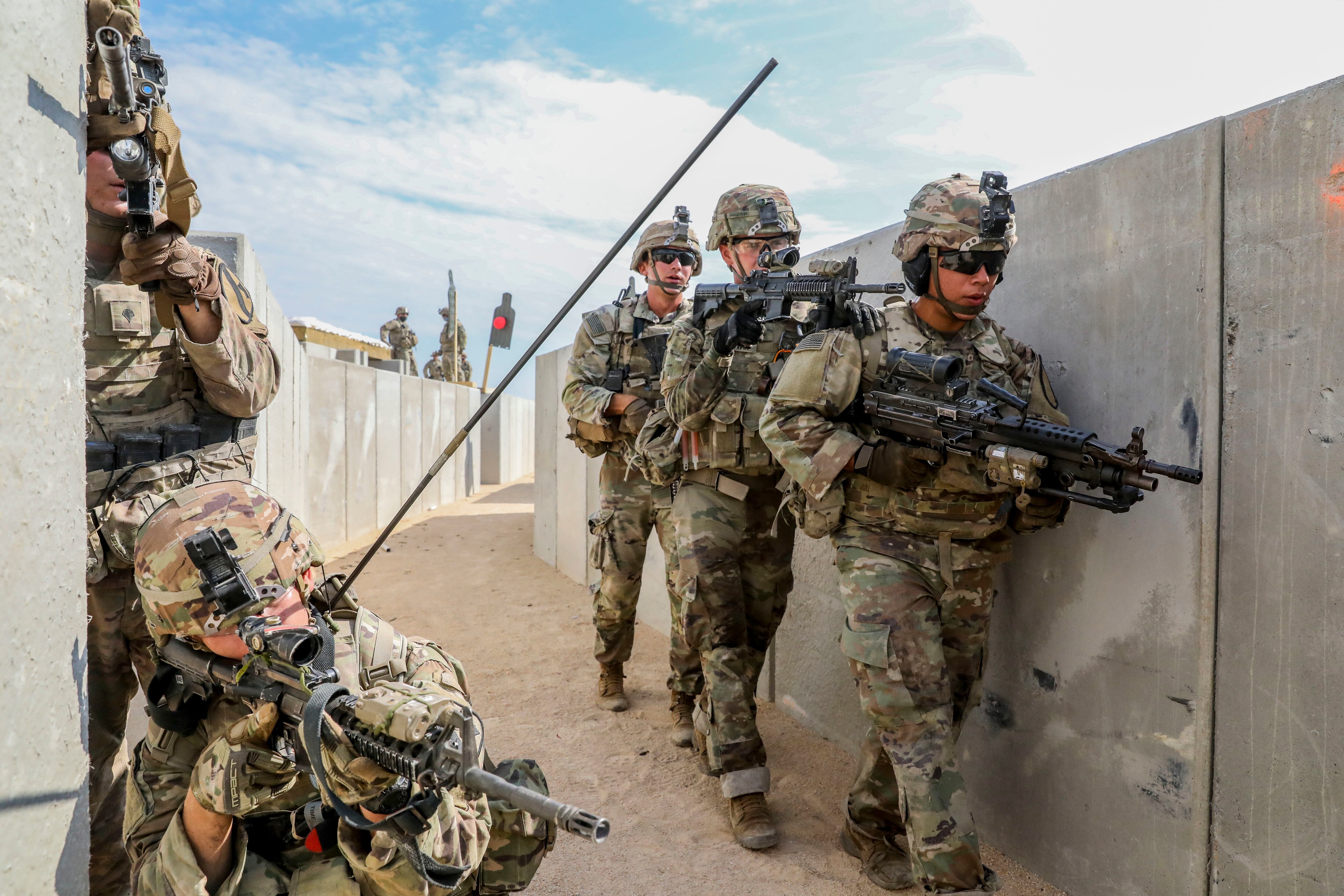
The demands for a non-combat, permissive environment operation in the real world were much greater.
Last summer, the California Guard was called up across the state in response to the George Floyd-related Black Lives Matter protests that erupted following incidents of police brutality.
The California Guard activated 10,000 soldiers. It hat 5,000 soldiers in the field within 48 hours of that activation. But that was far from enough even in Los Angeles.
“Put a brigade in a city the size of LA…it’s like a drop in the bucket,” Yeager said.
And her unit’s soldiers are from there. They speak the language, know the terrain and, for the first week or so, had a helpful, receptive local population that wanted their presence.
With combat operations, there’s more to keep in mind, Yeager said.
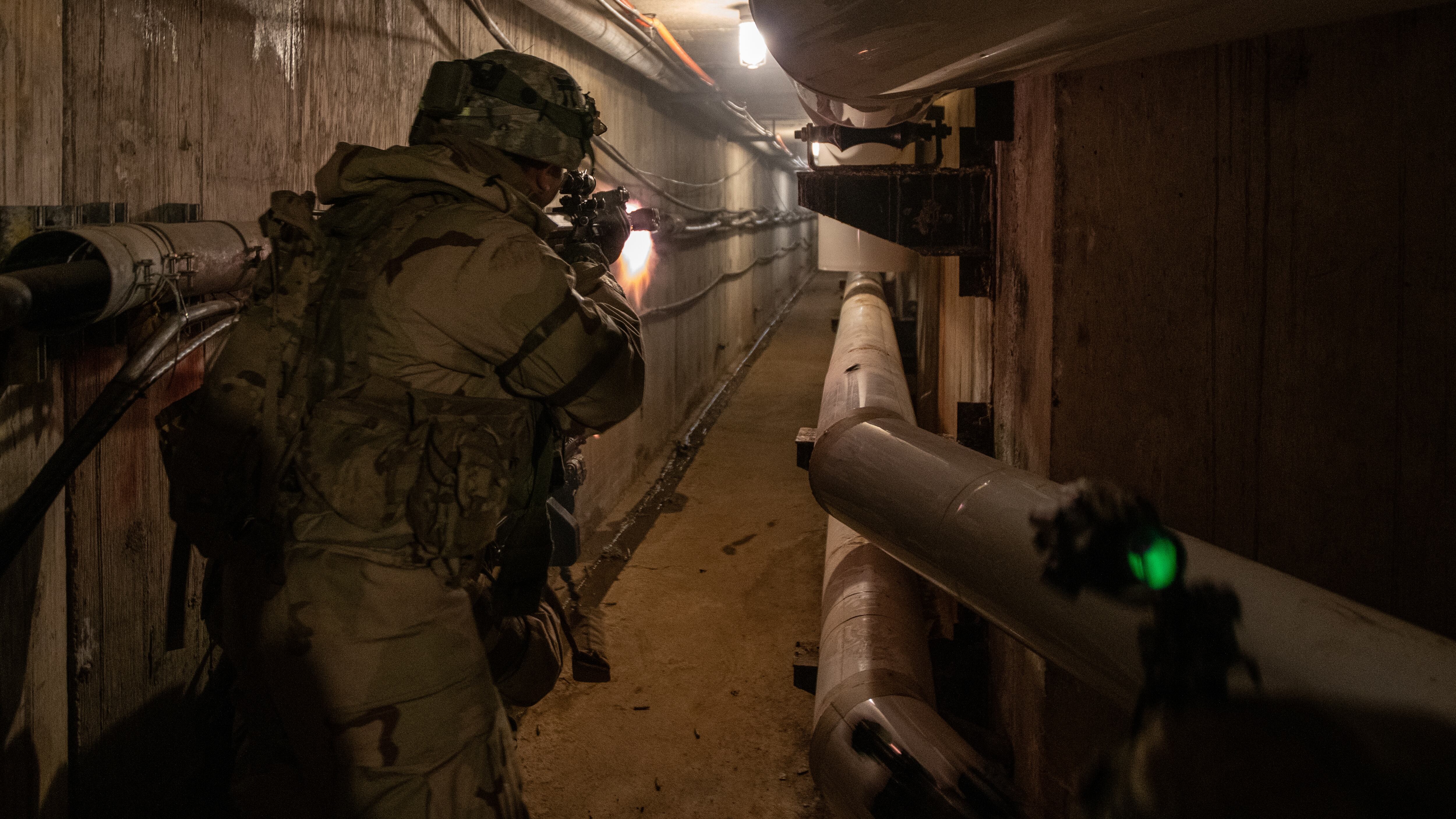
Yeager pitched her unit as uniquely positioned to take on the urban challenge. They’ve already built a network of experts from their first conference. They’ve also partnered with retired Army Maj. John Spencer, chair of the Urban Studies Initiative at the Modern War Institute at West Point.
In retirement, Spencer has joined the California State Guard, where he serves as a colonel and the duty expert for urban operations.
Reached by phone Thursday, Spencer told Army Times that the 40th ID work on building a “Gray Book” similar to air assault operations’ “Gold Book” will help institutionalize urban thinking and planning for unit leaders.
The 40th ID and NTC partnership will also improve urban training at the center and expose rotating units to more urban challenges than they may have faced during counterinsurgency operations, said Spencer.
However, Spencer and retired Army Gen. Robert Abrams, who spoke at the conference on Thursday, both cautioned that high-end combat training is difficult to fully replicate.
“This is about heavy anti-tank and combined arms,” Spencer said. “It’s really hard to replicate that.”
Abrams called the task nearly “impossible,” but nevertheless, the Army is “going to have to deal with the urban environment.”
The four-star pointed to the success the Army had in Sadr City, Iraq, and later coalition-led combat in Mosul. Though he noted that the damage done in Mosul was not what the Army wanted in future scenarios.
A lot of the work will require updating operations, and even doctrine, Spencer said.
“We haven’t seen a peer enemy in urban terrain since I want to say Seoul, 1950,” Spencer said. “What’s changed since 1950? A whole lot.”
Todd South has written about crime, courts, government and the military for multiple publications since 2004 and was named a 2014 Pulitzer finalist for a co-written project on witness intimidation. Todd is a Marine veteran of the Iraq War.


